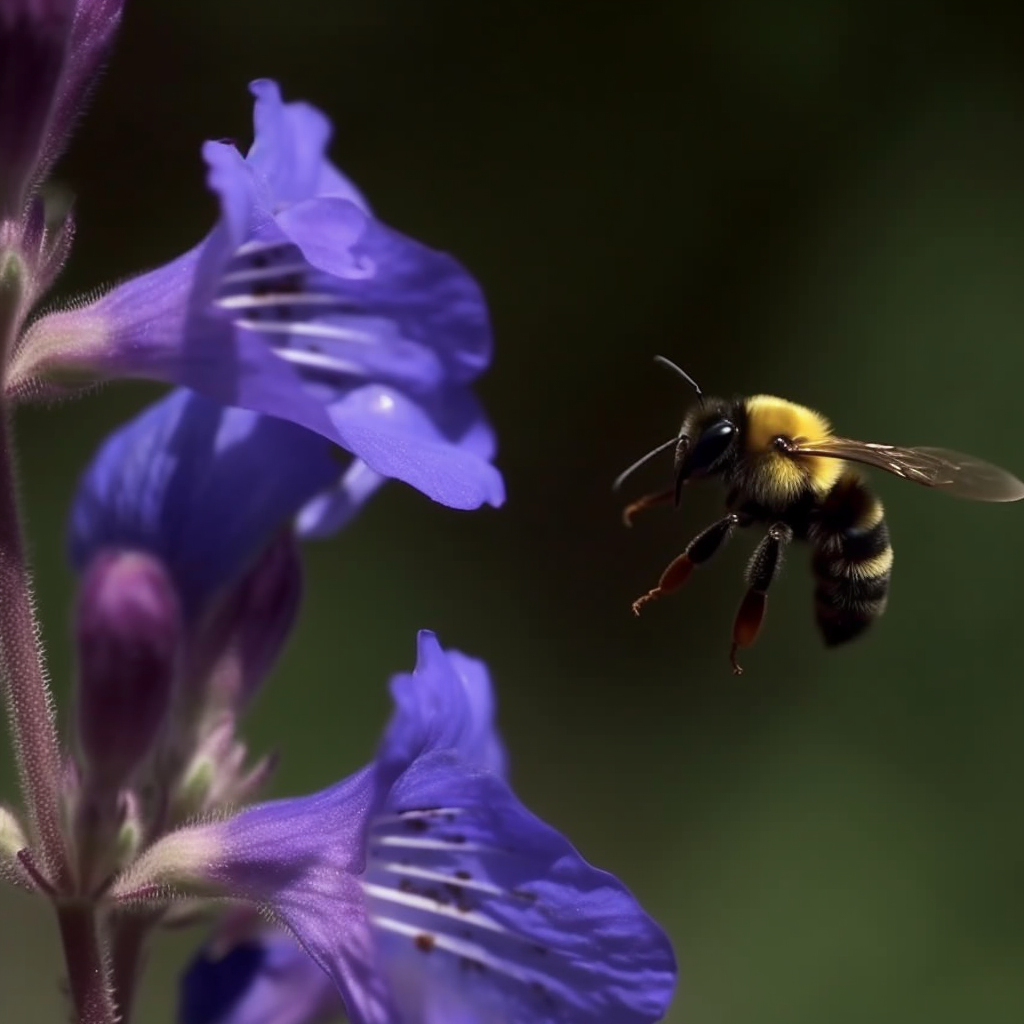May 10, 2024
Bumblebees Battling Global Warming – Survival in a Heating World
Book a Demo
Global warming is taking a massive toll on various species worldwide, with bumblebees being no exception. These vital pollinators are facing significant challenges due to the rising temperatures, including the threat of nest overheating. This issue is raising concerns about potential population declines.
Peter Kevan, a renowned scientist, has recently shed light on a possible link between the decrease in bumblebee species and excessive heat within their nests. The survival of individual bees, as well as the overall health of the colony, is largely dependent on temperature regulation. Therefore, any disruptions in their natural habitat’s temperature could wreak havoc on their survival.
Throughout their evolution, bumblebees have developed intricate nesting behaviors and structures to combat extreme heat. The design of their nests plays a crucial role in maintaining optimal temperatures, safeguarding the colony from potential threats. However, the escalating rise in global temperatures is challenging the capabilities of these structures.
High temperatures can have severe consequences for bumblebees. This can lead to a rapid metabolic breakdown, which may result in death, weakened queens, smaller and less healthy worker bees, and unhealthy offspring. With the climate crisis causing rising temperatures worldwide, it’s becoming increasingly difficult for bumblebees to create suitable nests for larvae development, which is a critical process in their lifecycle.
The global decline in bumblebee populations has been a topic of concern for quite some time. A recent article in Frontiers in Bee Science has raised the possibility that the increase in heat, due to global warming, may be a significant contributing factor to this issue.
Researchers are calling for more extensive research into bumblebee ecology, including nest morphology, temperature, and thermoregulation. The use of innovative approaches, such as ground-penetrating radar and flow-through respirometry analysis, are being suggested to understand how different colonies and species are dealing with changing conditions.
The plight of the bumblebees is a stark reminder of the far-reaching impacts of global warming on biodiversity. It is crucial to further our understanding of these issues and develop strategies to mitigate the impacts of climate change on these vital pollinators.
Science4Data is committed to cut through greenwashing and measure real impact. Join the journey to a sustainable future. Your actions matter.



